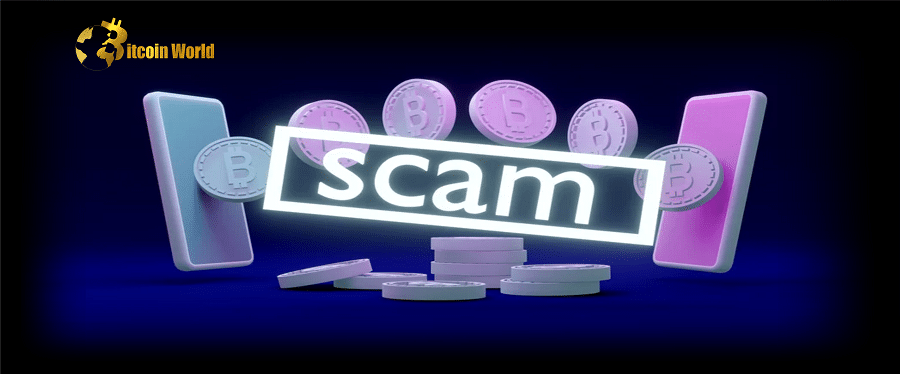After 2022, we must do more to reassure skeptical users that they can invest in cryptocurrency without fear of losing their money.
It’s not an exaggeration to say that our industry is in trouble. For some time now, we’ve been in the grip of a “crypto winter,” with the prices of popular cryptocurrencies like Bitcoin and Ether plummeting. Similarly, monthly nonfungible token (NFT) trading volumes have dropped by more than 90% since reaching a multibillion-dollar high in January of this year. Of course, the numerous black swan events rocking the crypto world, such as the FTX and Three Arrows Capital meltdowns, have only exacerbated these declines. Taken together, it’s no surprise that crypto is experiencing a trust deficit.
While the destructive actions of reckless CEOs must be addressed and those responsible held accountable, our industry cannot stop there if we are to recover. To address the crypto trust deficit, better security for end users against scams and hacks must be prioritized.
Do you disagree? According to Chainalysis, $3.2 billion in digital assets will be stolen in 2021. This year’s outlook for our industry is bleak, with $718 million in total hacking-related losses reported in October alone. When it comes to scams, the picture gets bleaker as report after report shows that well-known crypto scams like rug pulls and wallet drainers are on the rise. Between July 2021 and August 2022, an astounding $100 million in investor funds were lost due to inept NFT scams. And this figure is likely an underestimate, given that the majority of NFT scams target individual users and are never reported.
End users are duped into emptying their wallets by phishing links. Front-running schemes use videos that promise “HUGE RETURNS” to persuade people to download bogus software that grants con artists access to their assets. Even direct attacks on bridges, such as Ronin and Nomad. Look around, and you’ll see that scams and hacks aren’t just costing the crypto industry billions of dollars in digital assets; they’re also eroding trust in crypto in a way that dwarfs even the black swan events of 2022.
Sure, we can avoid and expel the Sam Bankman-Frieds, Do Kwons, and other bad-actor CEOs. But, in order to persuade the general public and customers that cryptocurrency is safe to interact with and invest in, we must address the issue of scams and hacks head on.
How can we make Web3 safe for everyone? Decentralization, transparency, and immutability are the fundamental principles of cryptocurrency. To make crypto accessible to everyone, we as an industry must reduce the amount of effort and risk associated with getting started with crypto, whether it’s purchasing or trading NFTs or buying and selling Bitcoin. Crypto is currently too complex and difficult for average people to understand. In the absence of improved tooling and anti-scam software, it is far too easy for scams and hacks to occur and spread.
The creation of anti-scam tools is undoubtedly one way our industry can turn the tide against scams and hackers. Increasing investment in security layers and systems to compensate users in the event of a hack or scam-related loss will be beneficial. However, if the cost and hassle of security for end users remains higher in crypto than in traditional finance, widespread mainstream adoption will never happen. This is possibly the most significant barrier to our industry’s recovery and onboarding the next 100 million users.
Recognizing a problem is the first step toward resolving it. Scams and hacks, as well as the FTX and Three Arrows debacles, have contributed to our industry’s lack of trust. Crypto is frequently referred to colloquially as a “dark forest,” where transacting parties identified as exploitable are typically exploited (or destroyed). Users, like myself, do not want to live in a dark forest. It is up to us to forge a clear path forward. End-user security cannot be just a buzzword in our industry any longer; it must be a critical pillar of our recovery.














